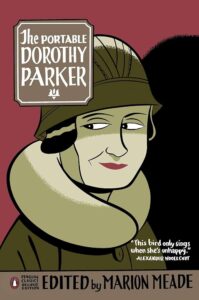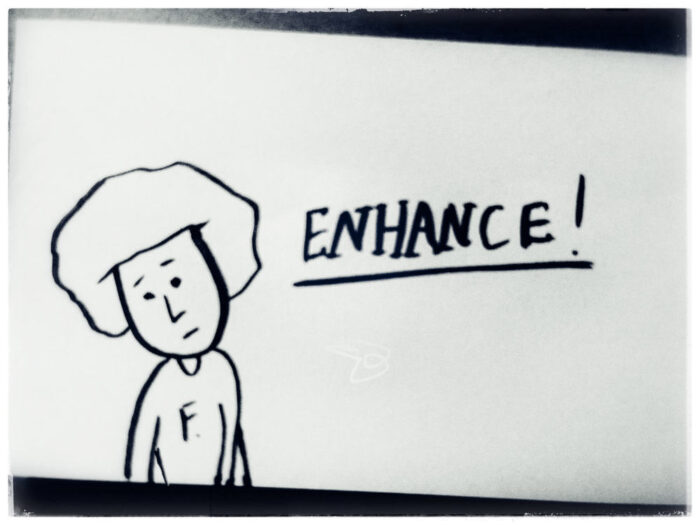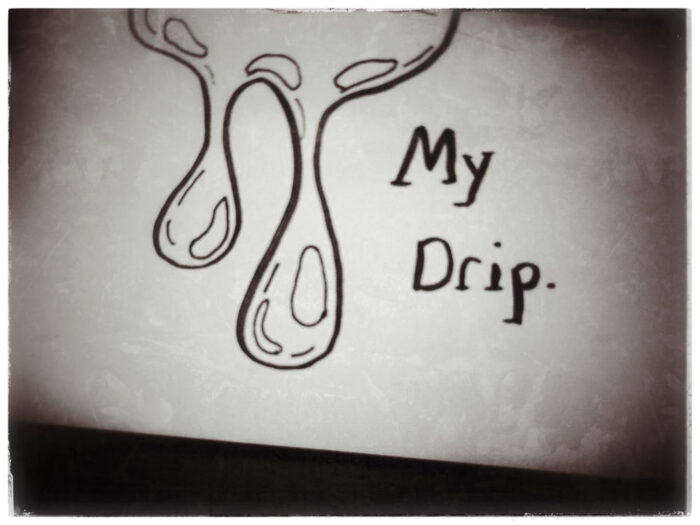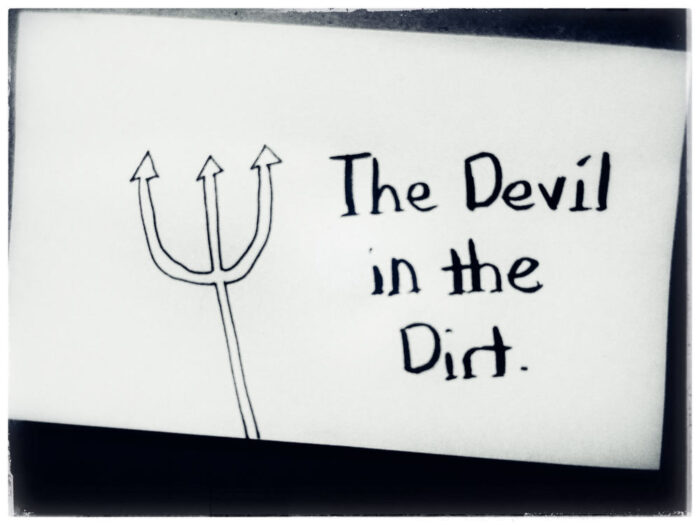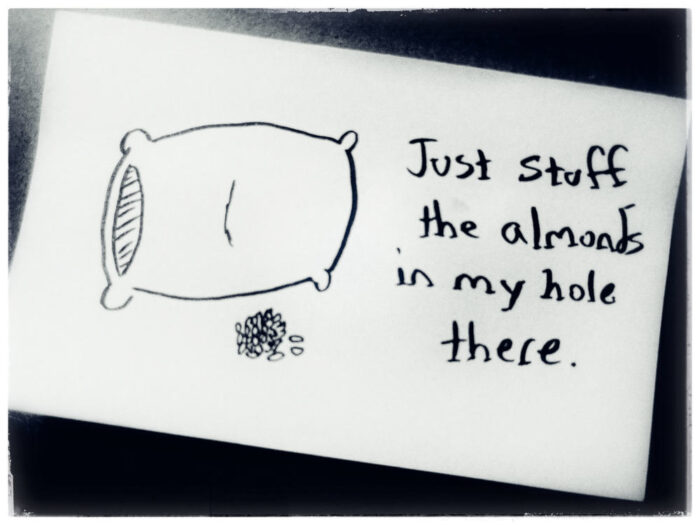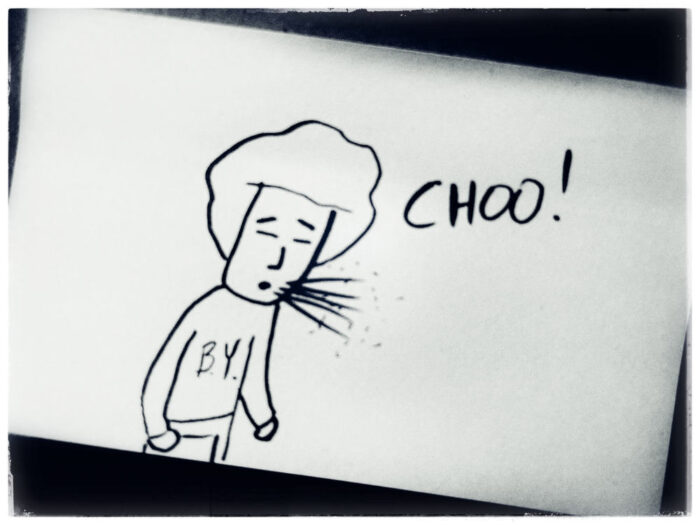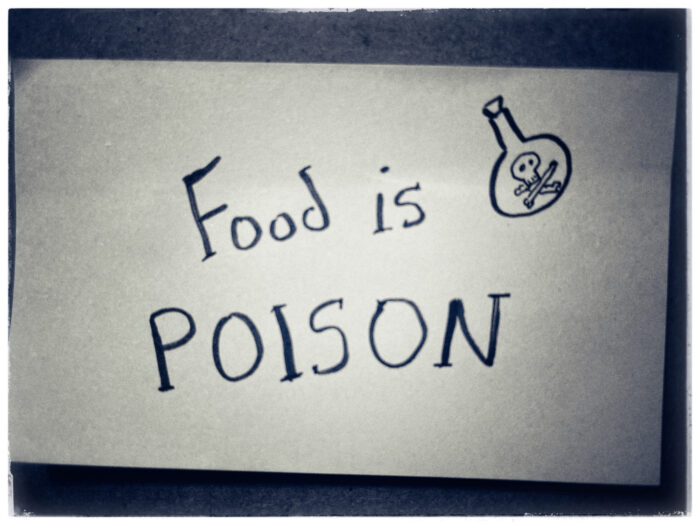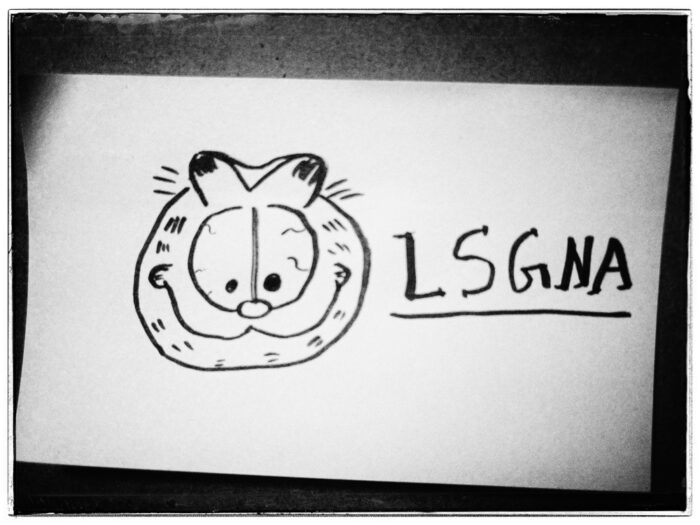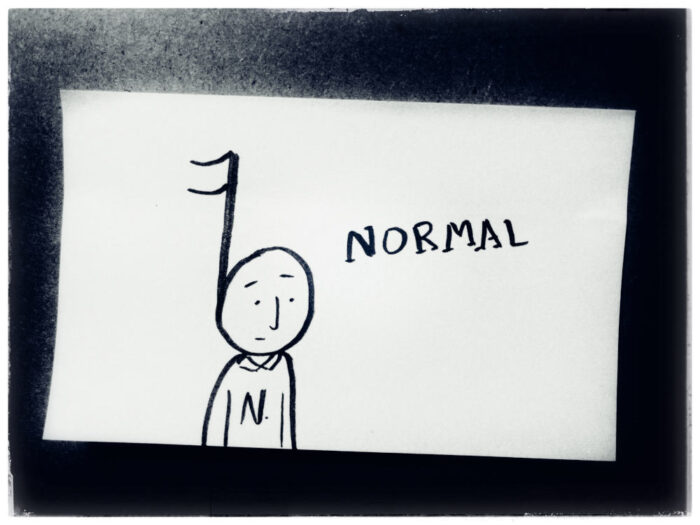
In late 2003, I went to see the Deftones play at the Pershing Center in Lincoln, NE. I was just a wee little English major with a penchant for getting kicked in the head in mosh pits then, and the Deftones closed out their show by playing a face-melting rendition of their song “Bloody Cape,” which has one of the best outros of any song I’ve ever heard:
It’s a jaunty, nautical tune about a pair of young lovers who sail off the edge of the Earth, the climax of which finds the singer shouting, “God help me!” over and over as, presumably, their boat tumbles into the void.
It’s just so violent and bouncy and fun that hearing it live immediately made it one of my favorite Deftones songs. You could probably attribute at least 30% of my tinnitus to blaring “Bloody Cape” when I was out driving around. It’s meant to be played as loud as you can possibly play it — it practically begs for it — and you’d have to be a corpse not to head bang just a little at the end there.
Even if you hate metal, you can probably see why that song gets the blood pumping.
The reason I bring any of this up is because, for the last two weeks, I’ve been slowly and painstakingly tortured by my high school’s bell music. I don’t know who picks it or why, but, during passing period, when students are walking from class to class, they play a lyric-free version of one famous song or another over the school speakers, and this month they’re playing “Hotel California” by The Eagles.
I. Hate. Hotel. California. I’ve always hated it. It’s the audio equivalent of a reverse enema. Don Henley is an awful person for writing it, and if I could magically erase all eagles from existence, I would do it just to wipe that song from popular memory.
So, I’m making a list of other songs, good songs, to combat it. If I have to listen to “Hotel California” every day, then it’s only good karma to put better songs out there into the ether. “Bloody Cape” is the first, but there are many, many more.

I’ve finished up Midnight’s Children — finally — and am content to let it fade away without much fanfare. I simply did not enjoy that read. I tried to find parts of it that were good and focus on them, and the best I can come up with is that I have a better understanding of the events following India’s Independence. But the plot, the characters, the magical realism … none of it resonated.
I think it’s the prose that got me, if I’m being honest. On a sentence-by-sentence basis, Midnight’s Children falls as flat as a tumbled-down house of cards. It’s pretty writing, I’ll grant you, but being pretty will only get you so far in life. To stick with the card metaphor, the most beautiful two and seven is still a two and a seven. Fold that shit.
My next read is going to be The Portable Dorothy Parker, and I am excited for this one. I’ve enjoyed the little bit of Dorothy Parker that I’ve read in the past, and I’ll be glad to read some more.
